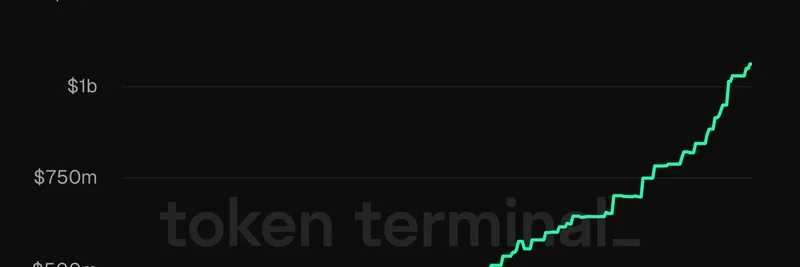Hey there, fellow blockchain enthusiasts! If you're into the nitty-gritty of Ethereum's evolution, you've probably caught wind of some exciting developments in privacy tech. Recently, a post on Ethereum Research by barryWhiteHat, summarized by the handy @ethresearchbot on X, has been turning heads. It's all about something called zkzkEVM – a clever twist on zkEVM that aims to bring private smart contracts to the Ethereum ecosystem without reinventing the wheel.
What is zkzkEVM All About?
At its core, zkzkEVM is about making Ethereum smarter when it comes to privacy. Traditional smart contracts on Ethereum are fully public – anyone can peek at the code, the state, and the transactions. But what if you want to keep some things under wraps? That's where this proposal shines. It introduces two new opcodes: pstore and pload. These bad boys let developers handle private user state, meaning individual users' data stays hidden, even as the contract runs on the public blockchain.
Think of it like this: In a regular Ethereum Virtual Machine (EVM), everything's out in the open. With zkzkEVM, you get to tuck away personal info while still playing by Ethereum's rules. However, there's a catch – private contracts can't mess with global public state. So, stuff like building a decentralized exchange (DEX) like Uniswap, where everyone needs to see the liquidity pools, isn't feasible in a fully private setup just yet.
Key Highlights from the Research
The post breaks down some game-changing ideas:
Private User State, Public Execution: Users can interact with contracts privately, but the overall blockchain remains verifiable. This uses zero-knowledge proofs (ZKPs) to ensure everything checks out without revealing secrets. ZKPs are like magic tricks that prove you know something without showing how.
Leveraging Existing Tools: One of the coolest parts? Developers don't need to be ZKP wizards. They can build on current zkEVM infrastructure, which already handles proving EVM executions privately. This lowers the barrier for creating privacy-focused dApps.
The Role of IO Operations: For true end-to-end privacy in transactions, input/output (IO) handling is crucial. The proposal stresses that without proper IO privacy, even the best contract privacy falls short.
Cartel Contracts: A New Concept: Imagine a group of users running a private contract where even the source code stays hidden from outsiders. That's a "cartel contract." It's perfect for scenarios where a closed group needs confidentiality, like private betting pools or exclusive DAOs.
ELI5: Breaking It Down Simply
If all this sounds a bit technical, here's a straightforward explanation: zkzkEVM is like adding a privacy mode to Ethereum's engine. You get new commands to store and load private data for users, keeping personal stuff secret. But global info that affects everyone stays public to keep the network fair. It's a step toward fully private transactions on Ethereum, making it easier for devs to build secure apps without starting from scratch.
This could be a big deal for meme token communities too – think about private launches or exclusive holder perks without exposing strategies to the world. While it's still research, it opens doors for more secure, user-friendly blockchain experiences.
Why This Matters for the Blockchain World
Privacy has always been a hot topic in crypto. Projects like Zcash have pioneered shielded transactions, but integrating that level of privacy into Ethereum's smart contract layer has been tricky. zkzkEVM proposes a balanced approach: enhance privacy where it counts most, without sacrificing Ethereum's core strengths like composability and security.
Replies to the X post show the community's buzz – from questions about integrations with other privacy tools to light-hearted jabs at existing privacy coins. It's clear this idea has potential to influence future Ethereum upgrades.
If you're a dev or just curious, head over to the full post on Ethereum Research to dive deeper. Who knows? This might be the spark for the next wave of private meme tokens or DeFi innovations.
Stay tuned for more insights on how tech like this shapes the meme token landscape – right here on Meme Insider!

